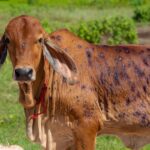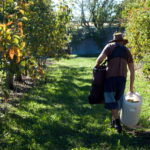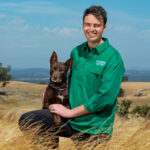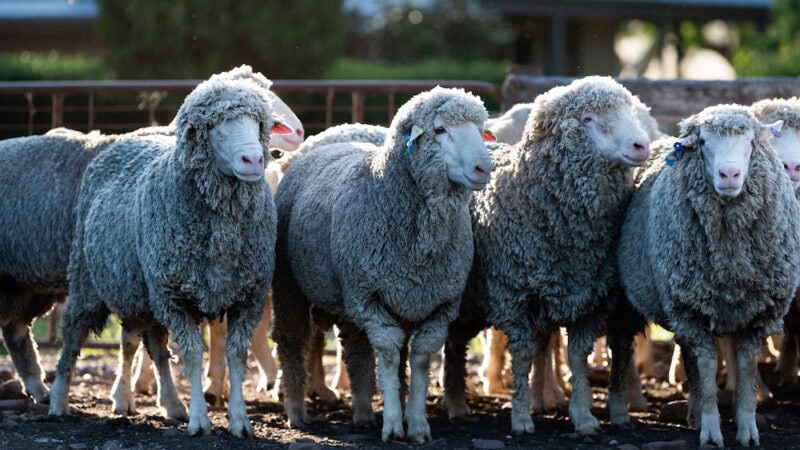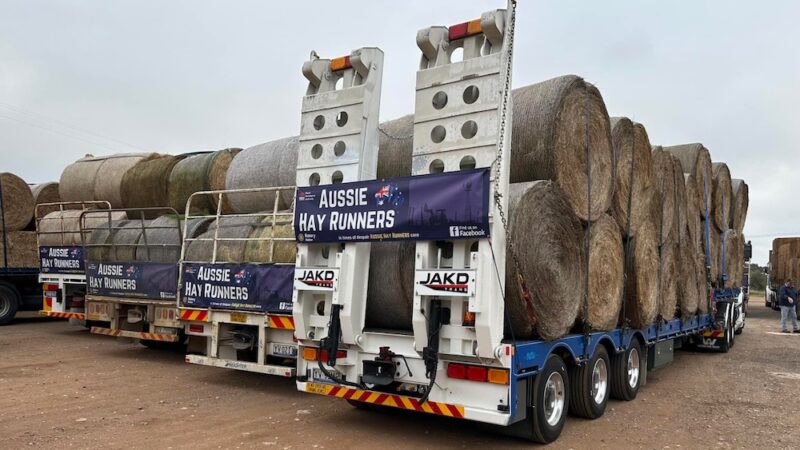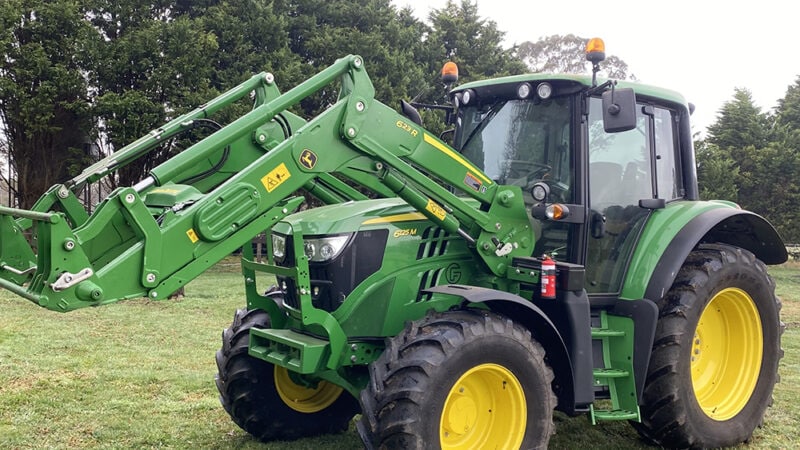Australia�s beef and dairy industries have activated a crisis response to the significant risk posed…
Skin Check Champions � fighting melanoma
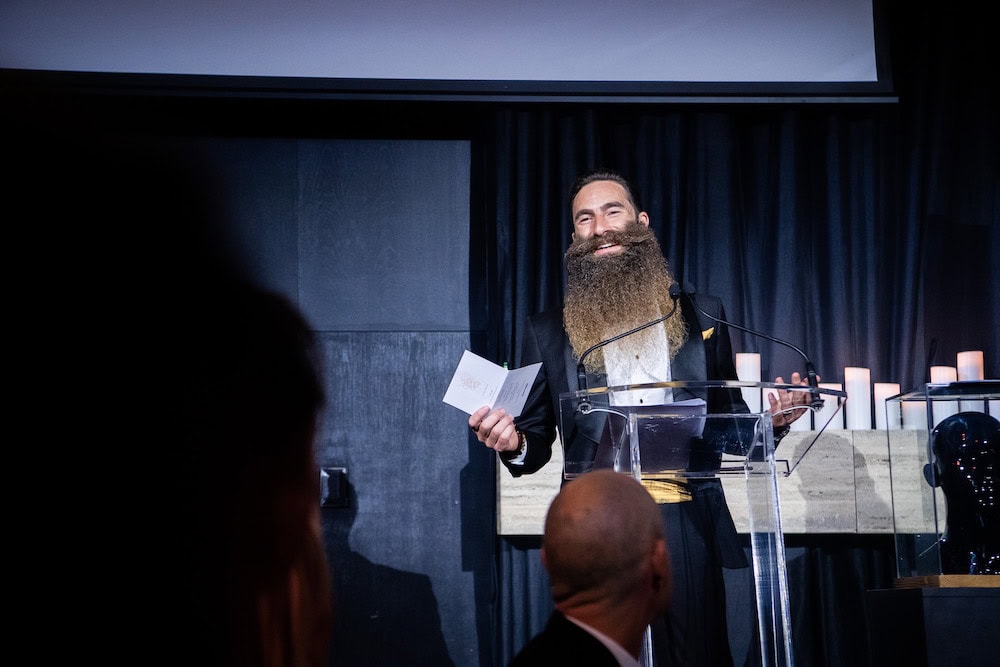
Wes Bonny was a country boy through and through. He went to ag school, loved water skiing, playing footy and helping his dad on the farm. In 2010, he died of a brain tumour, which started as a tiny spot on his neck, an undetected melanoma that could have been treated effectively if found earlier. He was only 26.
At his wake in Ardlethan, a short, dusty drive from where Wes grew up, his mates came up with an idea called Beard Season, which has gone on to save thousands of Aussies from skin cancer.
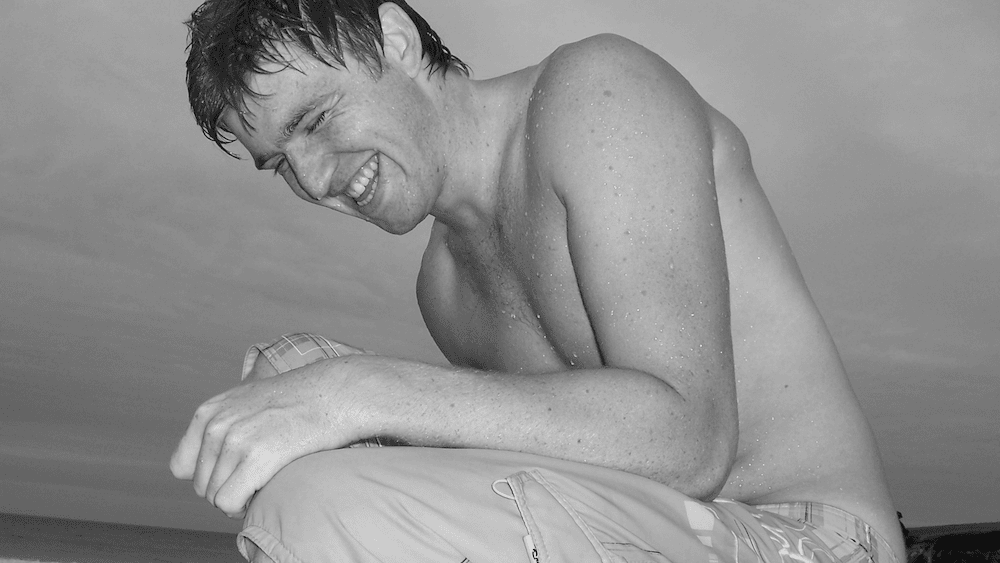
�There were some old fellas with amazing beards in the corner of the bar,� says Wes� friend Scott Maggs who was working in advertising at the time and was well-versed in wild ideas.
�Young blokes weren�t growing beards back then so we thought we�d grow a fine field of facial follicles every winter and use them as life-saving conversation starters, encouraging people to get their skin checked.�
Now, 12 years on, Beard Season has ambassadors in over 24 countries, gained the support of the likes of Sir Richard Branson and Chris Hemsworth, and has inspired men (who account for over 69 per cent of Australia�s melanoma deaths) to become advocates for early detection.
One such ambassador is John Arthur Elliott, who�s been on a camel trek around Australia since 2018. Before his journey, a GP found an early-stage melanoma in the centre of John�s back which could have killed him if left unchecked. Now, he promotes skin checks in rural and remote communities across the country. �I think of it as taking out a Lotto ticket on continued life,� John says.
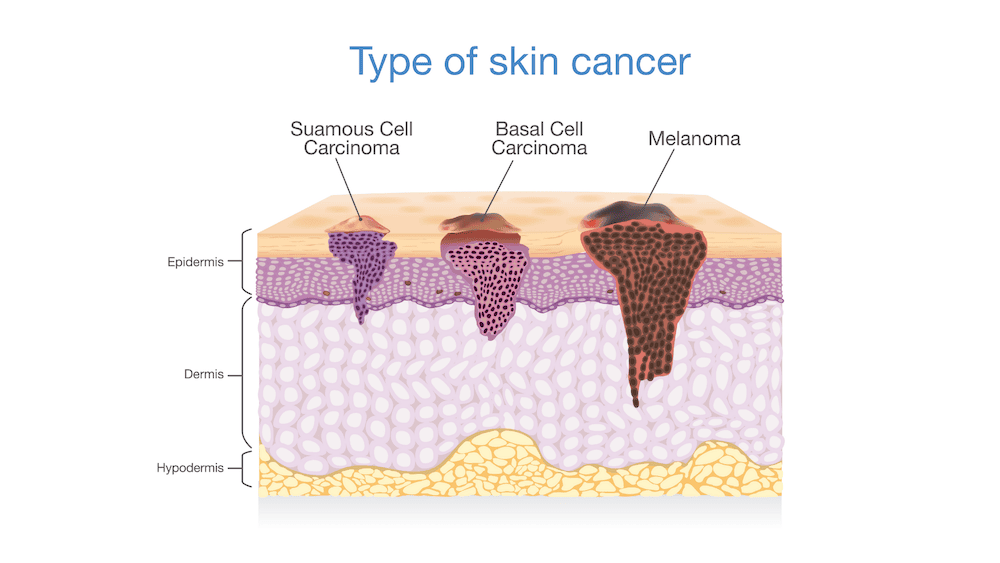
A farmer�s cancer
People living in hot sunny climates and/or who work outside are far more susceptible to skin cancer, which makes it a major risk factor for farmers and others living in Australia�s rural and remote communities.
The problem is compounded because they have limited access to skin specialists since most dermatologists (of which there are only 600 registered in Australia) work in urban and coastal centres. According to a report by the National Rural Health Alliance, farmers have a 60 per cent higher death rate from skin cancer compared to the general population.
Evolving the cause
As Beard Season grew, Scott Maggs decided to fold the campaign into a master charity called Skin Check Champions, which appeals to �everyone under the sun�.
�We realised that awareness raising itself was not enough. We had to be more accountable by addressing something that wasn�t being done on a national scale,� says Scott.
The goal of Skin Check Champions is to pioneer a targeted national skin check program, bringing skin specialists and education initiatives to communities most at risk. �The benefits have such a massive impact for regional Australia,� says Scott. �Coming from a farming family in Oberon, I know first-hand how unavoidable sun damage can be.�
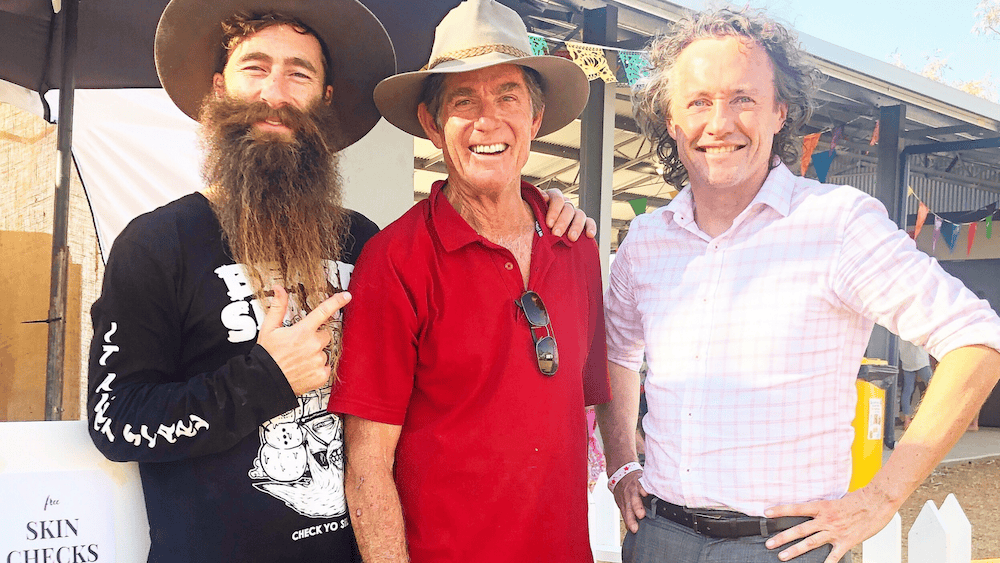
The problem
Skin cancer is, literally, the national cancer of our Sunburnt Country. Australian skin cancer rates are 12 times the global norm. It affects two out of three Aussies, kills an average of one of us every five hours (particularly young people who are surprisingly the most affected), and it costs over $1.7 billion a year, making it Australia�s most costly�cancer.�
The opportunity
Despite these scary figures, the survival rates for skin cancer can be over 98 per cent, if it is detected early, which is far greater than for any other cancer.

The market failure
The federal government funds screening programs for breast, cervical and bowel cancers, but there�s never been a coordinated national focus on skin cancer screening, despite the value of early detection.
�Previous models presented to the Health Department were too expensive on a �cost per check� basis,� explains Scott. �However, with the recent advances in Artificial Intelligence, these models are due for an upgrade.�
The Solution
Skin Check Champions has developed Project Check Mate as a �proof of concept� research initiative to pilot a targeted skin cancer screening program around the country. The project was created in partnership with the Rosemary Bryant AO Research Centre at the University of South Australia and DermEngine by MetaOptima, an artificial intelligence (AI) dermatology software that images, documents and records clinical diagnosis for skin cancer.
Professor Marion Eckert, the Inaugural Professor of Cancer Nursing at the University of South Australia and the Inaugural Director of the Rosemary Bryant AO Research Centre, has been researching the incidence of skin cancer in remote and rural regions for years.
�We felt a huge sense of relief when we were approached by Skin Check Champions because we finally felt we had comrades on the same dance floor with a mission and the energy to take our research and deliver a primary health care strategy for early skin cancer detection for rural and remote Australia,� she says.
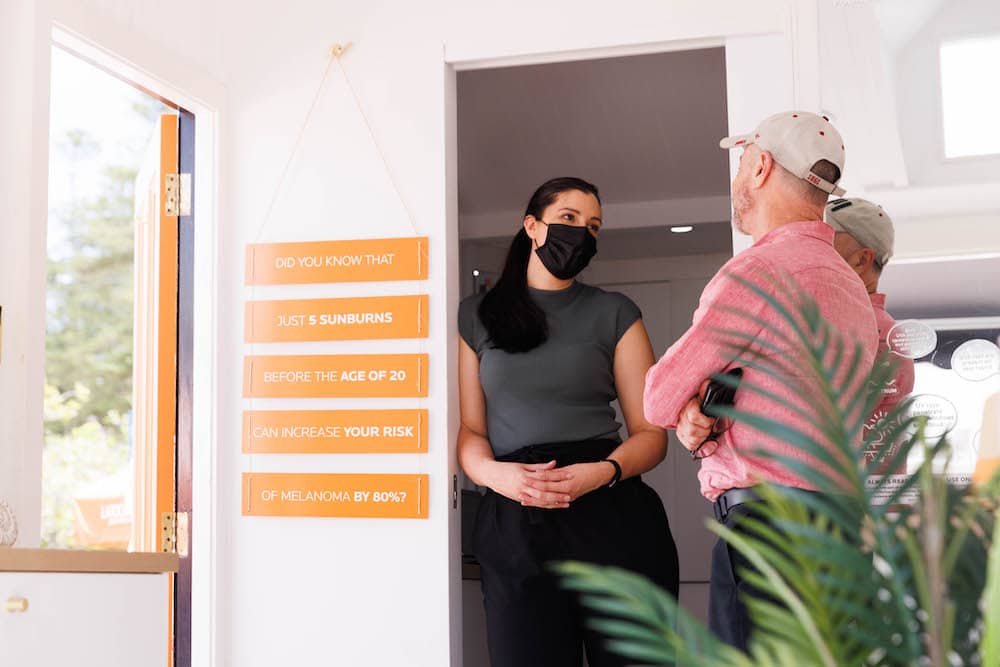
�Nurses make up 60 per cent of the health profession and they are everywhere in rural and remote Australia. It�s a huge opportunity for nurses to be trained in dermatoscopy using AI software to screen people for skin cancer.
�This technology produces an accurate skin assessment report which is sent electronically to a dermatologist for evaluation,� explains Marion. �In a post-COVID world, people have adapted well to telehealth and nurses are at the forefront to progress technology in remote areas. It�s a low-cost, efficient process and farmers don�t have to travel long distances to see a dermatologist. By making access easier, it also helps overcome that behavioural reticence among many men, the �she�ll be right, mate� attitude.
�Our goal is to perform 10,000 skin checks using this new model to present the data to the Government showing how much it costs per check, how many skin cancers we found, how many lives we saved and the health care costs saved per dollar invested in this early screening program, proving it�s great value to the Australian people,� explains Scott.
Introducing SPOT
Multiple skin cancer survivor and Lake Cargelligo-born Don McInnes is a huge promoter of Skin Check Champions, as you can see on his graphic Instagram feed.
�I grew up among broad-acre farmers in Griffith who are out in the elements all day every day, but who are less likely to get checked for skin cancer because they live in a remote region where there aren�t many specialists. I�ve had 80 skin cancers surgically removed and now so many people are reaching out for advice on where to go and what to do,� he says. �I specifically tell them about Skin Check Champions and SPOT.�
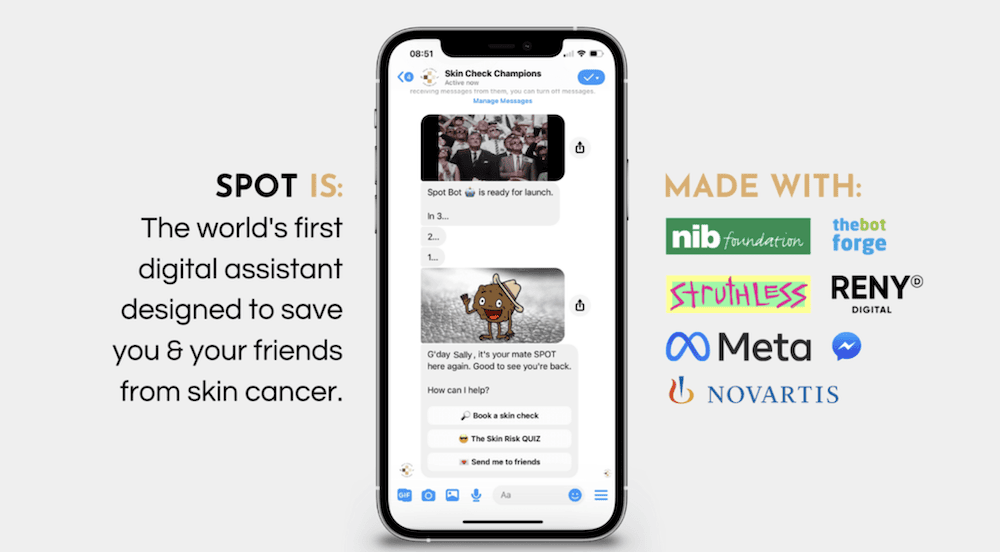
SPOT is the world�s first digital assistant designed to save Aussies from skin cancer. It lives on Facebook Messenger and chats with you like a friendly, niggling mate who will do whatever it takes to make sure you get a skin check.
SPOT was designed in response to a report from Cancer Australia showing that because of the COVID pandemic, over 81,000 people had not been treated for skin cancer compared to previous year averages. It is yet another way to remind people how important early detection is for skin cancer survivability.
Not only will SPOT help you find your nearest GP, skin cancer clinic or dermatologist, but it also will help you make an appointment, put it in your calendar, send you reminders to help you get there and then follow up to see how you went, providing further information depending on your results. It also helps you assess your skin cancer risk and gives you information on different types of skin cancers.
Down the track, Skin Check Champions hopes to plug in a telehealth option so people who can�t find a GP or skin check clinic nearby can scan their own skin using their mobile phone.
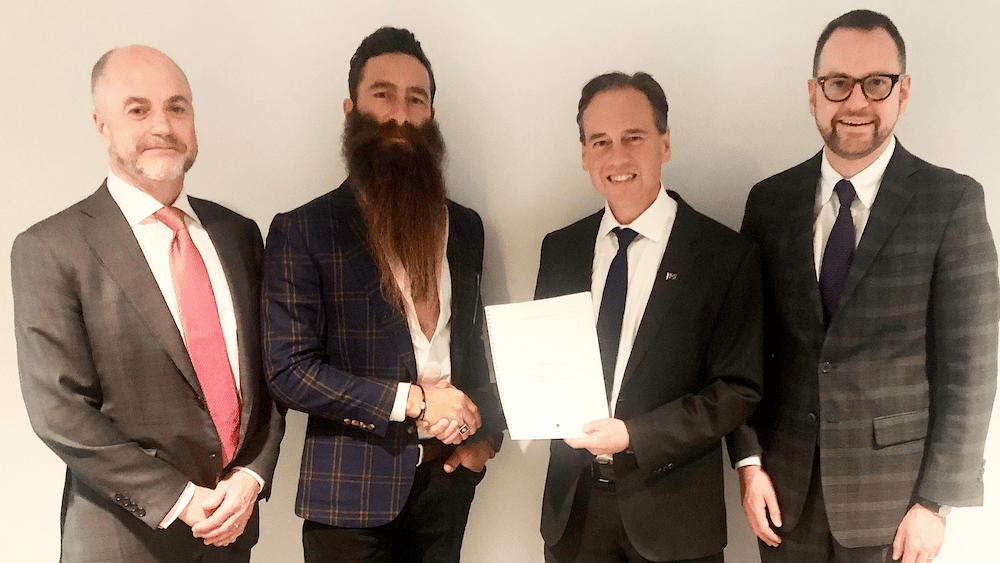
Making skin cancer history
All these initiatives are part of a broad early detection strategy, the importance of which was highlighted in a recent �State of the Nation� report produced by the Melanoma Institute and Melanoma Patients Australia.
In the meantime, Skin Check Champions isn�t sitting around waiting for funding. They�re out and about at field days, country shows and regional festivals all year-round providing skin checks, raising awareness and honing their revolutionary model.
To show your support, you can join close to 7,000 Australians who have signed their government petition demanding a targeted national skin check program. You can also make a donation, take part in Beard Season, or book a skin check with SPOT all at skincheckchampions.com.
As Scott Maggs says, �The more Aussies who get checked, the more lives we�ll save.�
If you enjoyed reading this feature, you might like our story on cancer support in the country.


